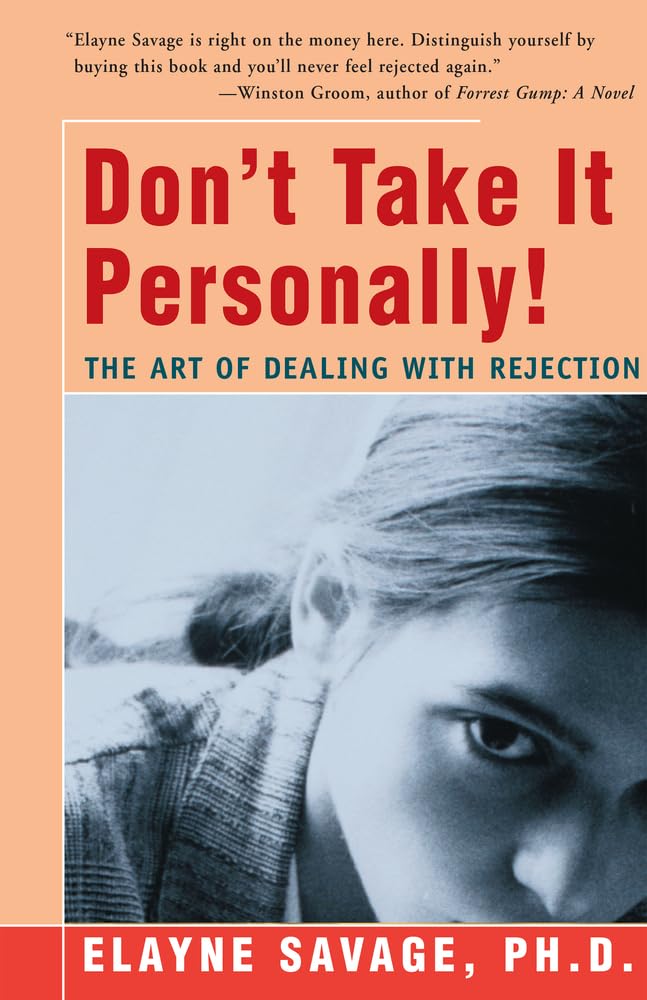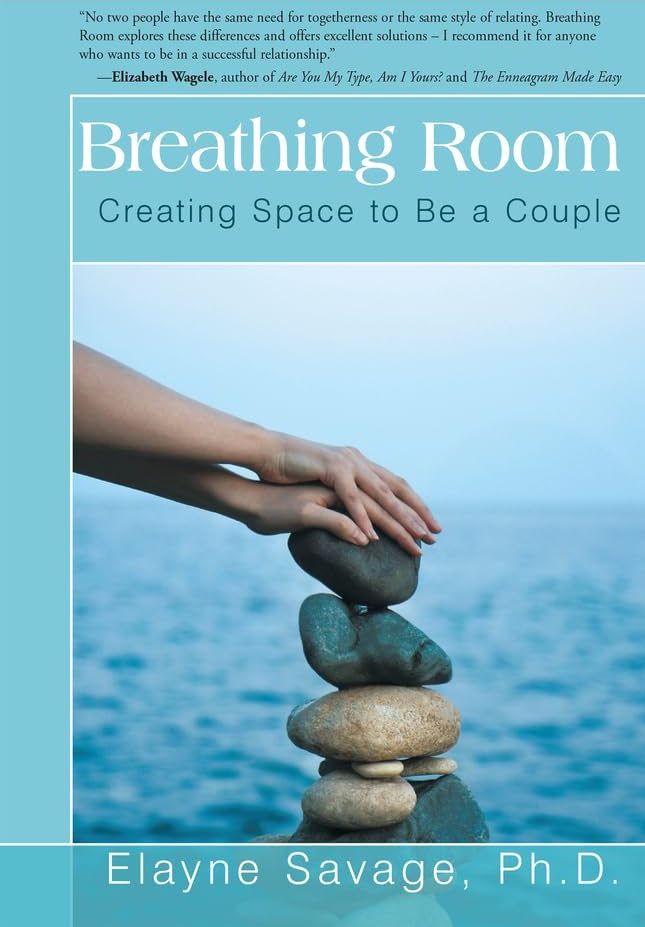By Elayne Savage, PhD
Can you believe the number of Family Violence stories in the news lately? The Ravens Ray Rice, 49ers Ray McDonald , Panthers Greg Hardy, and even a US District Court Judge Mark Fuller are all accused of Domestic Violence. But the story that dominates is about the indictment of Vikings Adrian Peterson for beating his four year old son with a switch.
The gift here of course is the media attention has done much to break the secrecy about family violence.
There is a connection between domestic violence and the abuse of children. Both often come from learned behavior, often experienced in childhood.
Experiencing abuse or witnessing it between adults affects a child’s capacity for showing respect and trust. What happens down the road when they're taught through example that it's okay to hit someone? When children feel disrespected by their parents in this way, how can they learn respect for others? They may ask themselves, "How can someone who is supposed to love me, hurt me?"
As adults some will gravitate toward abusive relationships. Many become bullies and abusers themselves. Some become the abused. And others will shun closeness for fear of being hurt again.
Let’s focus here on child abuse in regard to recent reports of Adrian Peterson’s abuse of his 4 year old son with a stripped tree branch.
‘Discipline' or 'Punishment'
The difference between 'Discipline' and 'Punishment' confuses many folks. Disciplining doesn't have to mean physical punishment. When do 'spankings' become 'whippings' or ‘beatings' or ‘whuppins’?
How often do we hear “My daddy hit me, so I have a right to do the same to my child”?
In fact, Peterson’s lawyer stated, “Adrian is a loving father who used his judgment as a parent to discipline his son. He used the same kind of discipline with his child that he experienced as a child growing up in East Texas.”
Sorry. I can’t buy that line of reasoning. My daddy hit my brother Lee and me pretty regularly with belts and telephone cords. We share stories with cousins about beatings. Now that I know our grandfather beat our father and his four brothers – it still does not make our beatings acceptable.
I was determined not to repeat this behavior with my daughter. And yet, one day she said something that I took personally and I lost control. I raged at her, chased her into her playhouse, blocked the door, and flailed at her with my hands.
And then she stopped me cold: “You’re supposed to protect kids not hit them.” She was about seven years old and knew I was a Child Protective Services social worker.
In those days I’d often team up with plainclothes officers to talk with parents, and will always remember their advice: “If you can’t stop yourself from hitting, hit with an open hand so you won’t leave welts or bruises. Using a fist or belt will hurt your child.”
Emotional Welts and Bruises
If we see a child being beaten with a belt or wooden spoon, we can imagine the pain the child experiences, maybe we can even see the welts. However we don’t see the emotional marks when the child is being beaten with a psychological spoon.
Because emotional hurts are more insidious, it is harder to make sense out of them. It’s not the beating alone that causes long-term damage. It is the accompanying messages of rejection and betrayal that potentially travel with a child into adulthood.
Long-term emotional damage results when the child looks to someone for love and protection, and that person hurts and betrays them. The child is left with feeling rejected, disrespected, and unprotected. This is true for all types of abuse.
What about these emotional welts and bruises?
Physical bruises usually heal; emotional bruises often do not. It’s not the spanking alone that causes long-term damage. It's more complicated than that.
"Fight, Flight or Freeze" – Spurts of Adrenaline and Cortisol
Research shows that adrenaline and cortisol stress hormone levels are affected by fear or trauma and bring on a 'fight or flight or freeze' response.
What is the long term affect of these increased levels? And how do these spurts of adrenaline caused by anxiety result in depression, leading to even to more intense feelings of helplessness and overwhelm?
Each new fear-inducing traumatic situation can bring on a kind of PTSD – the spurts of stress hormones adrenaline and cortisol that are activated by the amygdala and repeatedly result in fight, flight or freeze reactions during a new experience . . . and these often repeat over the course of our lives.
Here’s how it works: According to neuroscience the human brain has a special file to store memories that are linked to strong emotions.
The amygdala is the processing center for emotional responses. During a traumatic event it screens and files the information your five senses take in.
Think of it this way: The amygdala time-and-date-stamps certain sounds, sights, smells, tastes, and touch and stores it for safe-keeping.
When certain powerful memories are triggered by a specific cue there may be an emotional or body reaction. Often we don’t realize what prompts us to get so upset and it turns out it is some kind of stored memory,
Emotional messages of rejection and betrayal travel with the child into adulthood. These experiences determine how they view the safety of their world and the people in it.
All these years later adult clients I see in therapy recall feeling terrified at 'that look' in their parents' eyes. Intense anger or rage on the adult's face can be terrorizing for some children especially if there is an out-of-control quality to it. They live on the edge, waiting for the whipping to come again.
In Don’t Take It Personally! I write how children's experience of being abused is from a child's perspective. Adults might see it differently:
"Fear and anxiety are constant companions to abused children. They live on edge, just waiting for the abuse to come again. It’s not a matter of if it comes, but when it comes. So they’re always holding their breath, waiting . . . this ever-present anxiety . . . becomes a part of their identity and follows them into adult relationships."
When children live with this ever-present anxiety, it becomes part of their identity. It follows them into adult relationships, affecting future dealings with coworkers, friends, and lovers. It often shows itself in domestic violence by becoming the abuser or the abused.
About 25 years ago I served on a national Task Force on Psychological Maltreatment. We carved out definitions of psychological maltreatment and it's long-term effects.
Psychological maltreatment is embedded in all forms of child abuse. It conveys the message that the child is worthless, flawed, unloved, or in danger.
Children feel disregarded and unprotected. Can you see how rejection is the common thread that runs throughout these perceptions?
When children look to someone for love and protection and that person hurts and betrays them, how can there not be long-term emotional damage?
Trust is Fragile
When children feel disrespected by their parents in this way, how can they learn respect for others? Or for themselves?
They may ask "How can someone who is supposed to love me, hurt me like this?" What happens down the road when they're taught through example that it's okay to hit someone?
Messages like this are so confusing. When they become adults some will gravitate toward abusive relationships. Some will become abusive themselves. And others will shun closeness for fear of being hurt again.
"Just Wait Until Your Father Gets Home"
You may have guessed that spankings were a regular happening in my childhood home. My mom would warn, "Just wait until your father gets home." And my brother Lee and I waited, terrified of what would follow when we went with him down to the basement.
Often it started with the belt. The worst times were when he used the buckle end. However, if he thought we weren’t getting the "message" the next step was the telephone cord.
Daddy would strip away the black sheathing, exposing the brightly colored individual wires. I remember some of them still had metal pieces attached to the ends.
But what really hurt the most, was that I sensed my mother standing on the basement landing, listening to our cries.
A Scrapbook of Memories
A few years ago a client brought in a 1950's wooden scrapbook her father had made to display her childhood poems. He painstakingly used a jigsaw, cutting her name into a piece of wood and gluing it onto the wooden cover. It was a loving gesture.
I found myself staring at the colorful lacing holding the two pieces of wood together, There was something eerily familiar about it. At first I couldn't place it. I was stunned when I recognized what it was. The brightly colored cord her dad used to fasten it together was telephone wire.
I couldn't stop my tears.
© Elayne Savage, PhD
And what are your thoughts? Your experiences?
For another perspective: Michael Eric Dyson’s Op-Ed on black families and discipline
For lots of information on the abuse of children and it’s long term effects:
Don’t Take It Personally! The Art of Dealing with Rejection
Elayne Savage is the author of ground-breaking relationship books published in 9 languages.
Both books are now available on Kindle!
To order DON'T TAKE IT PERSONALLY! THE ART OF DEALING WITH REJECTION
To order BREATHING ROOM — CREATING SPACE TO BE A COUPLE
REPRINTING THESE e-LETTERS
You can use the articles in 'Tips from The Queen of Rejection'® as long as you include an attribution and, whenever possible, a live link to my website. I'd appreciate if you'd notify me where and when the material will appear.
The attribution should include this information: Elayne Savage, PhD is a communication coach, keynote speaker, and trainer, practicing psychotherapist and author of Don't Take It Personally! The Art of Dealing with Rejection and Breathing Room – Creating Space to Be a Couple.
To find out more about my speaking programs, coaching and consultation services visit: //www.QueenofRejection.com or call 510-540-6230 if you or your group can benefit.
Contacting Elayne
I welcome your feedback as well as suggestions for topics you'd like to see addressed in this e-letter.
Here's how you can reach me:
510-540-6230
www.QueenofRejection.com
For more communication and rejection tips, you can follow me:
Twitter@ElayneSavage
LinkedIn.com/in/elaynesavage
Facebook.com/elayne.savage


Leave a Reply